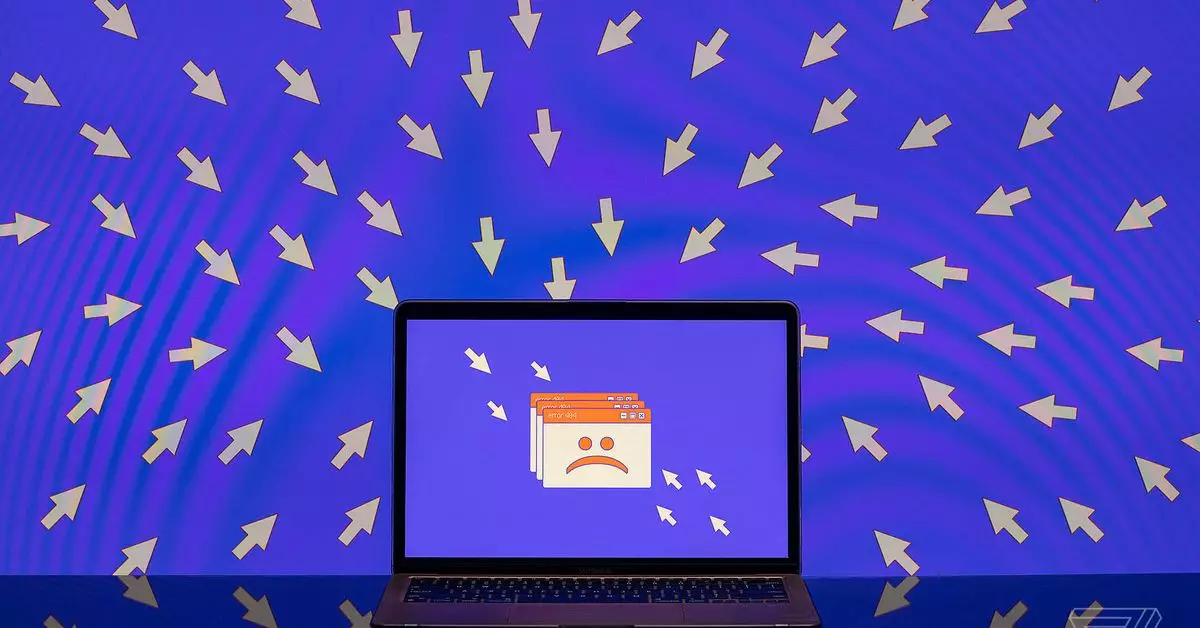The recent National Public Data (NPD) security breach has raised serious concerns about the privacy and security of consumer information. The breach, which dates back to December of last year, has exposed sensitive data, including Social Security numbers, to potential malicious actors. The scale of the breach, with 2.9 billion lines of data being compromised, highlights the severity of the situation.
In a shocking development, a website closely resembling NPD, called recordscheck.net, was found hosting an archive containing site logins and plaintext source code for some of its tools. This revelation added to the already alarming situation created by the initial breach. The presence of such sensitive information in plain sight could have serious ramifications for the affected consumers.
NPD founder Salvatore Verini’s response to the data exposure has also come under scrutiny. Verini’s admission that the leaked file contained “non-working code” raises questions about the security practices employed by the company. The decision to shut down the website in light of the breach, albeit belatedly, indicates a lack of proactive measures to safeguard consumer data.
The emergence of websites claiming to provide information about whether individuals’ data is included in the leak adds another layer of complexity to the situation. While these services may seem helpful, they require users to input sensitive information like their name, birth year, and even Social Security numbers. This creates a dilemma for individuals seeking to protect their privacy in the aftermath of the breach.
The NPD security breach serves as a stark reminder of the vulnerabilities inherent in the digital age. The exposure of sensitive data on such a massive scale highlights the pressing need for stricter data security measures. The repercussions of this breach are far-reaching and underscore the risks associated with storing personal information online. As consumers, it is crucial to remain vigilant and demand greater accountability from companies entrusted with our data.


Leave a Reply